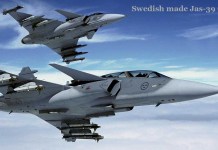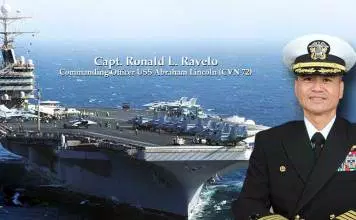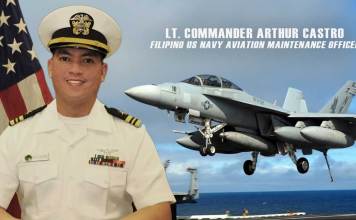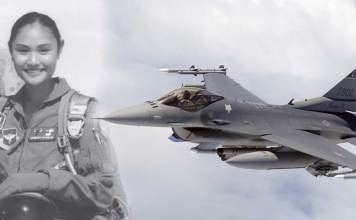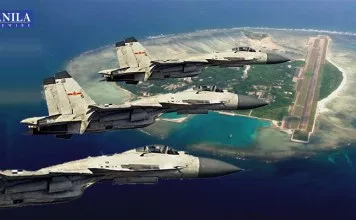A Nimitz-class USS Ronald Reagan (CVN 76), United States Navy’s only forward-deployed aircraft super carrier, entered the 7th Fleet area of operations, Sept. 17.
Rear Admiral. John Alexander, commander, Battle Force 7th Fleet said, “Ronald Reagan’s forward deployment to 7th Fleet demonstrates the U.S. commitment to the region and our allies.”
“It reiterates the importance of the U.S. Navy and Japan Maritime Self-Defense Force interoperability, and ensures we have the most capable platform forward when it matters, where it matters.” He added.
The 7th Fleet area of operations includes 36 maritime countries and the world’s five largest foreign armed forces - the People’s Republic of China, Russia, India, North Korea and the Republic of Korea. Five of the seven U.S. Mutual Defense Treaties are with countries in the area - Republic of the Philippines, Australia and New Zealand, Republic of Korea, Japan, and Thailand.
A 2nd Class Albert Mendez (Handling) Aviation Boatswain’s Mate said, “It’s an important area for us to protect.”
“Being forward deployed naval forces we’re first responders, so we have to be ready at all times.” He added.
The crew has undergone multiple training evaluation and qualifications to include damage control and medical drills as well as flight deck certifications during the ship’s transit from San Diego to prepare for operations in 7th Fleet.
“We are here to defend our nation and in order to prepare for our mission, we have to train. That’s how we get better.” said Lt. Cmdr. Freddie Koonce, Ronald Reagan’s Aircraft Handling Officer.
Ronald Reagan is one of the most modern aircraft carriers. The technology Ronald Regan is bringing to 7th Fleet is an example of the U.S.’s commitment to the region and the progress of bringing the newest equipment to operate with the forward deployed naval forces.
Ronald Reagan and its embarked air wing, Carrier Air Wing (CVW) 5, provide a combat-ready force that protects and defends the collective maritime interests of the U.S. and its allies and partners in the Indo-Asia-Pacific region.
Images used credit to wikimedia.org and triangminicships.com
By Jason E.

